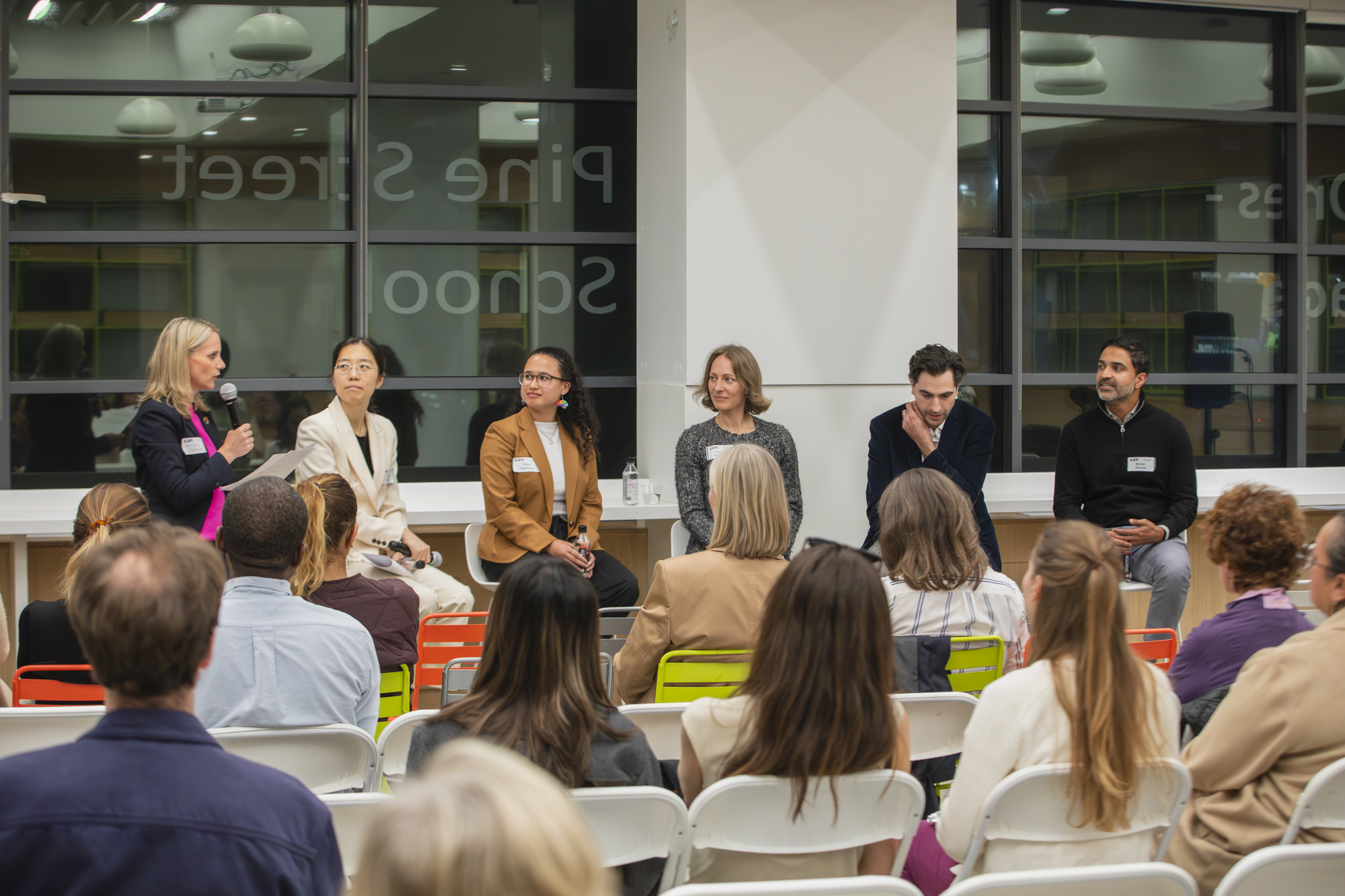
What if your brain had a hidden superpower—one that could sharpen focus, delay aging, and even reshape how you see the world? Science reveals that bilingualism does just that. In this engaging program, we explore how speaking two or more languages doesn't just help with communication—it actually changes how your brain works for the better. From faster decision-making and enhanced multitasking to a surprising resistance to cognitive decline, the bilingual brain is a marvel of neuroplasticity. Bilingual people are constantly choosing which language to use, often without even realizing it. This back and forth activates parts of the brain used for focus, planning, and decision – making. Kind of like a mental workout.
Discover little-known facts, like how bilingual toddlers may appear slower to speak—but are actually building a more complex mental framework—or why bilinguals can subconsciously shift their personality depending on the language they're using. Whether you’re fluent, learning, or just curious, this program will show you why bilingualism is not just a skill—it’s a neurological edge. Featuring Maya Taliaferro (PhD student in the Cognition and Perception program at New York University), Audrey Kittredge (Senior Learning Scientist at Duolingo), Alex Bellantuono (Clinical Neuropsychologist, Growing Minds Psychology NYC), Boney Poovan (Portfolio Manager, Holocene), and moderated by Lulu Song (Associate Professor of Early Childhood Education, Brooklyn College).
Biographies
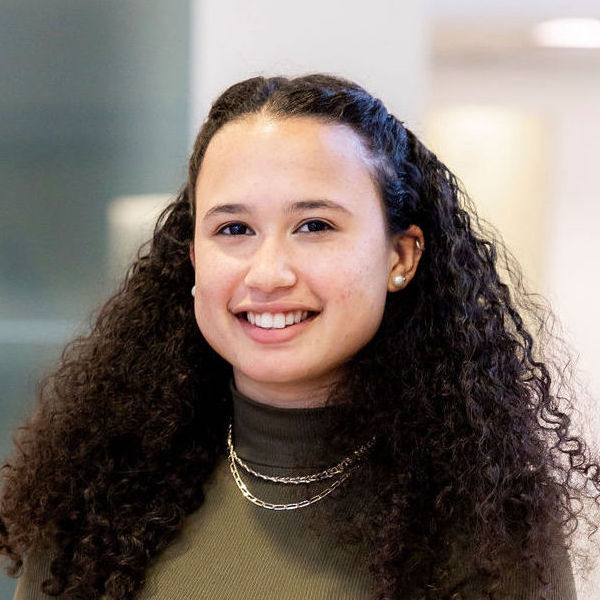
Maya Taliaferro is a PhD student in the Cognition and Perception program at New York University where she is advised by Esti Blanco-Elorrieta.
She combines neuroimaging, behavioral, and computational approaches to investigate how a single brain can process and sustain multiple languages. She’s especially interested in how people build knowledge and mental concepts when their two languages don’t match up perfectly.
Before coming to NYU, Maya spent two years as a Research Scholar in the Brain and Cognitive Science Program at MIT. There she worked with Ev Fedorenko, Ted Gibson, and Laura Shultz. Before that she obtained a B.A. in Neuroscience (with a minor in Japanese) from Hamilton College."
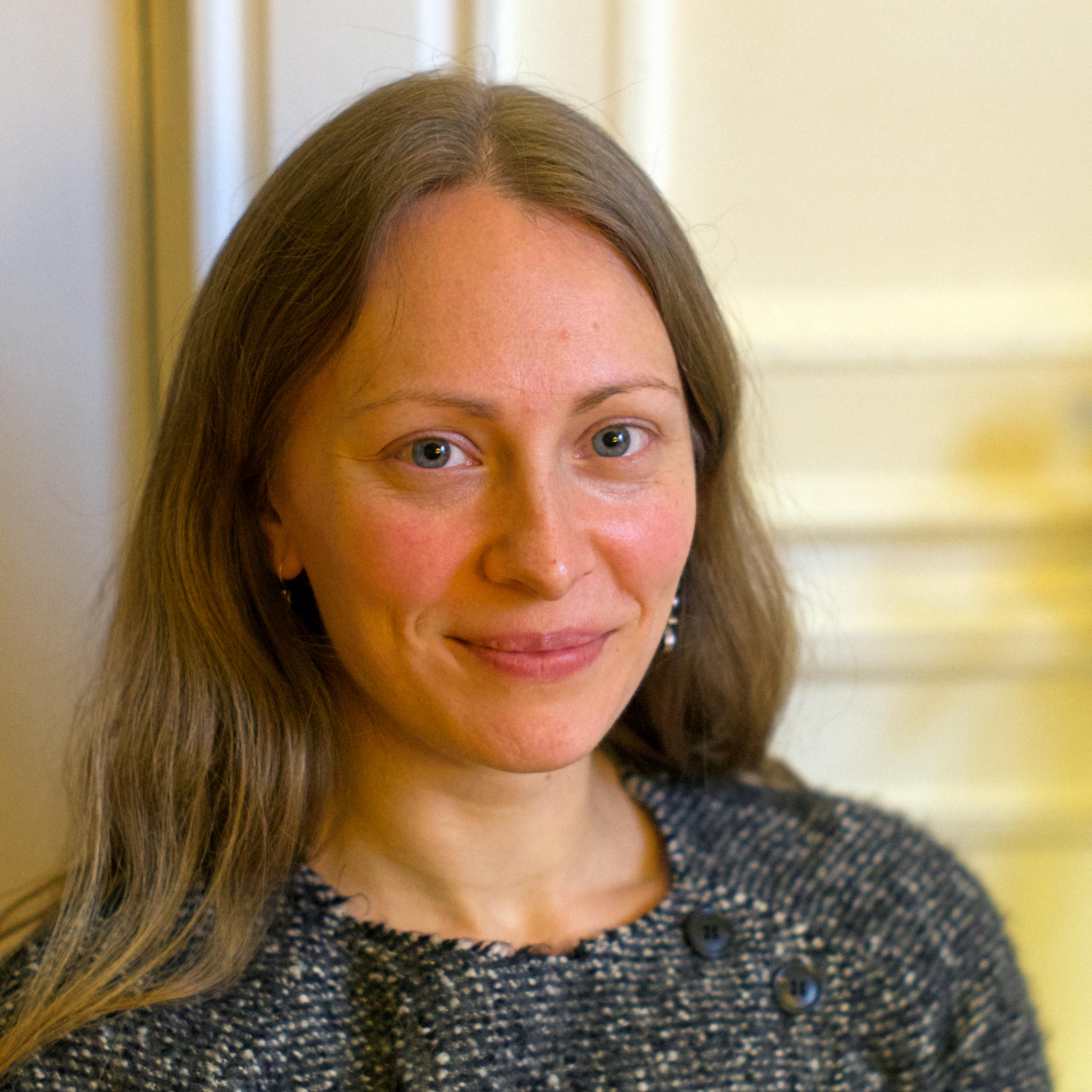
Audrey Kittredge, PhD. is a Senior Learning Scientist at Duolingo, the company behind the language learning app. She is part of the Duolingo Efficacy Research Lab, where she leads research studies to answer the question “Does Duolingo work?”. Before joining Duolingo, she worked as a researcher at Carnegie Mellon University, the University of Cambridge, and with UNICEF. She is the author of journal articles, white papers, policy documents, and book chapters that focus on language learning, early childhood education, and playful learning. An avid lifelong language learner, she speaks English, Russian, French and Spanish.
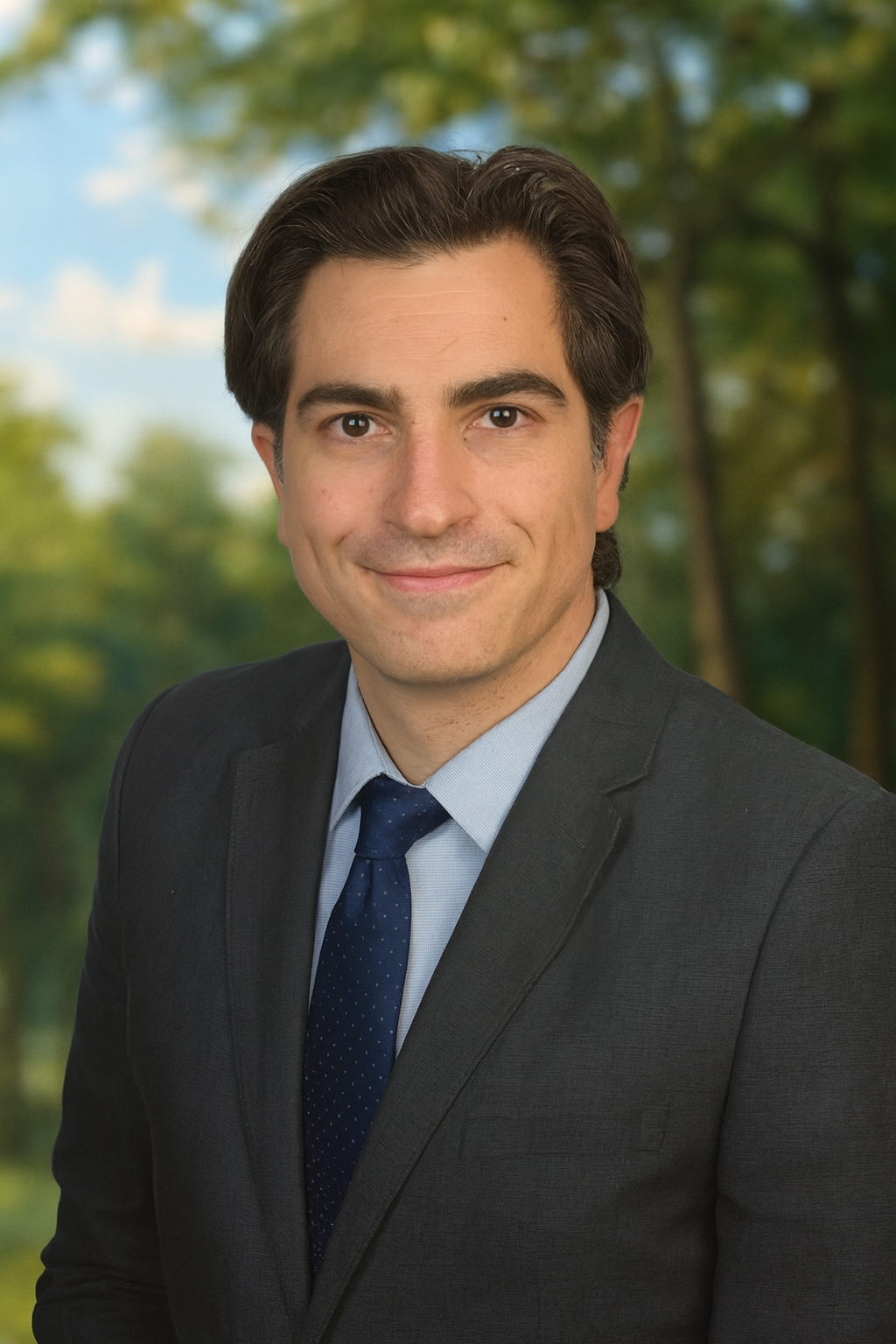
Alex Bellantuono, PhD is a bilingual (English and Italian) pediatric neuropsychologist specializing in the evaluation of children, adolescents, and young adults with learning differences, autism, ADHD, nonverbal learning disorder (NVLD), and co-occurring anxiety and mood concerns. He approaches each evaluation as a process of discovering a child’s unique profile of abilities. Beyond identifying a diagnosis, he aims to understand how a child learns and solves problems in order to provide recommendations that are practical, individualized, and tailored to their strengths and needs. Alex views each evaluation as a collaborative process where families are active partners. From the start, he works to ensure parents and children feel understood and supported. His role extends beyond the end of the evaluation—and remains available to help families navigate next steps, whether through school collaboration, provider coordination, or advocacy. By combining evidence-based practice with a holistic view of each child, Alex aims to provide guidance that is practical, empowering, and focused on both strengths and areas for growth. Outside of clinical work, Alex enjoys painting, playing board games, building LEGO sets and learning about space with his son, and dancing with his daughter.
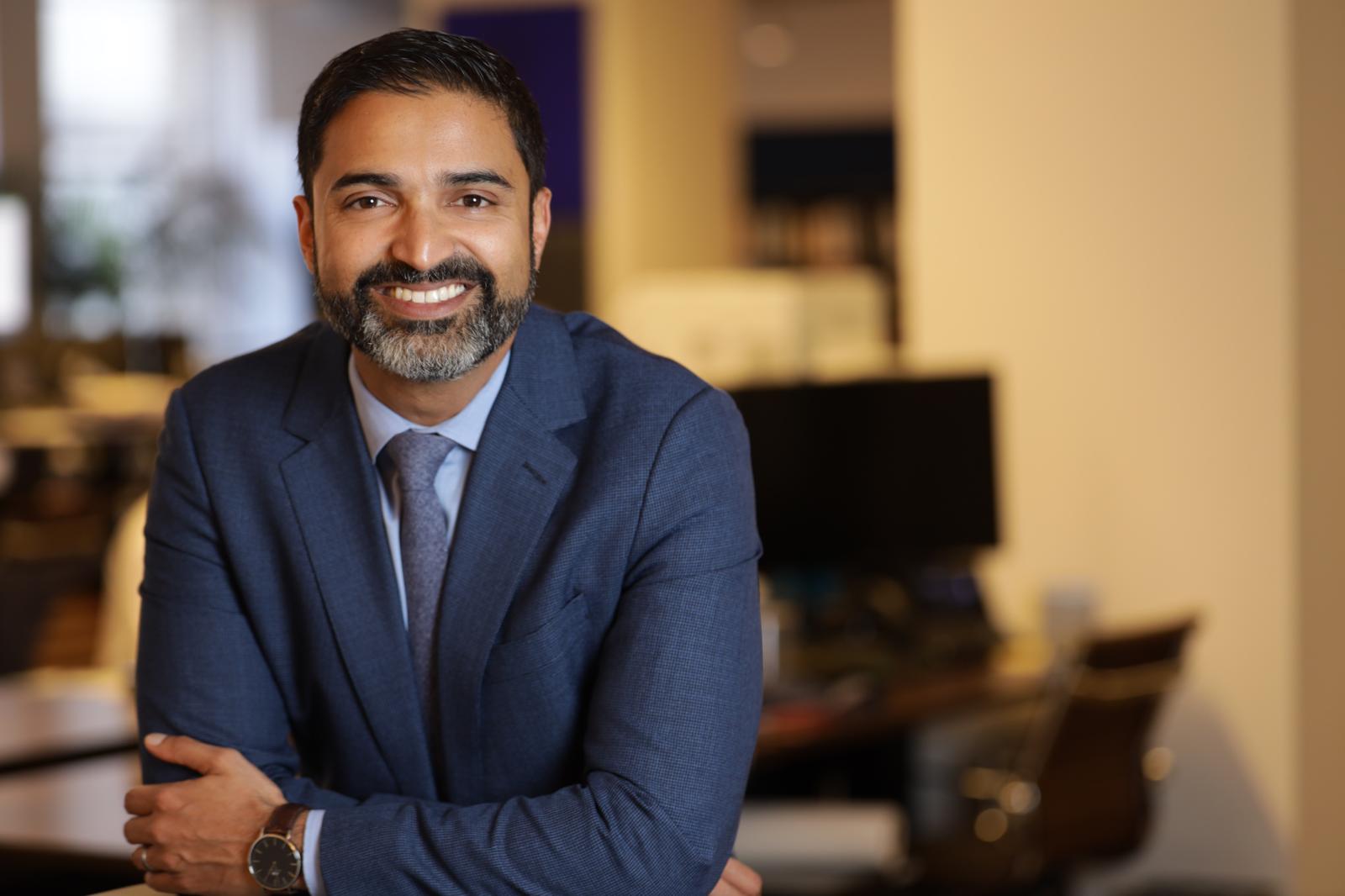
Boney Poovan is a portfolio manager at Holocene, a NY-based hedge fund. He has previously worked at Citadel in New York, Goldman Sachs in London and McKinsey in Munich. Boney holds a Diplom-Kaufmann degree from WHU Koblenz in Germany and a Master in Business Administration from Harvard Business School. He is an Indian-born German fluent in German, English and Malayalam (an Indian language). He also spent 4 months in China during in an intensive Mandarin class.
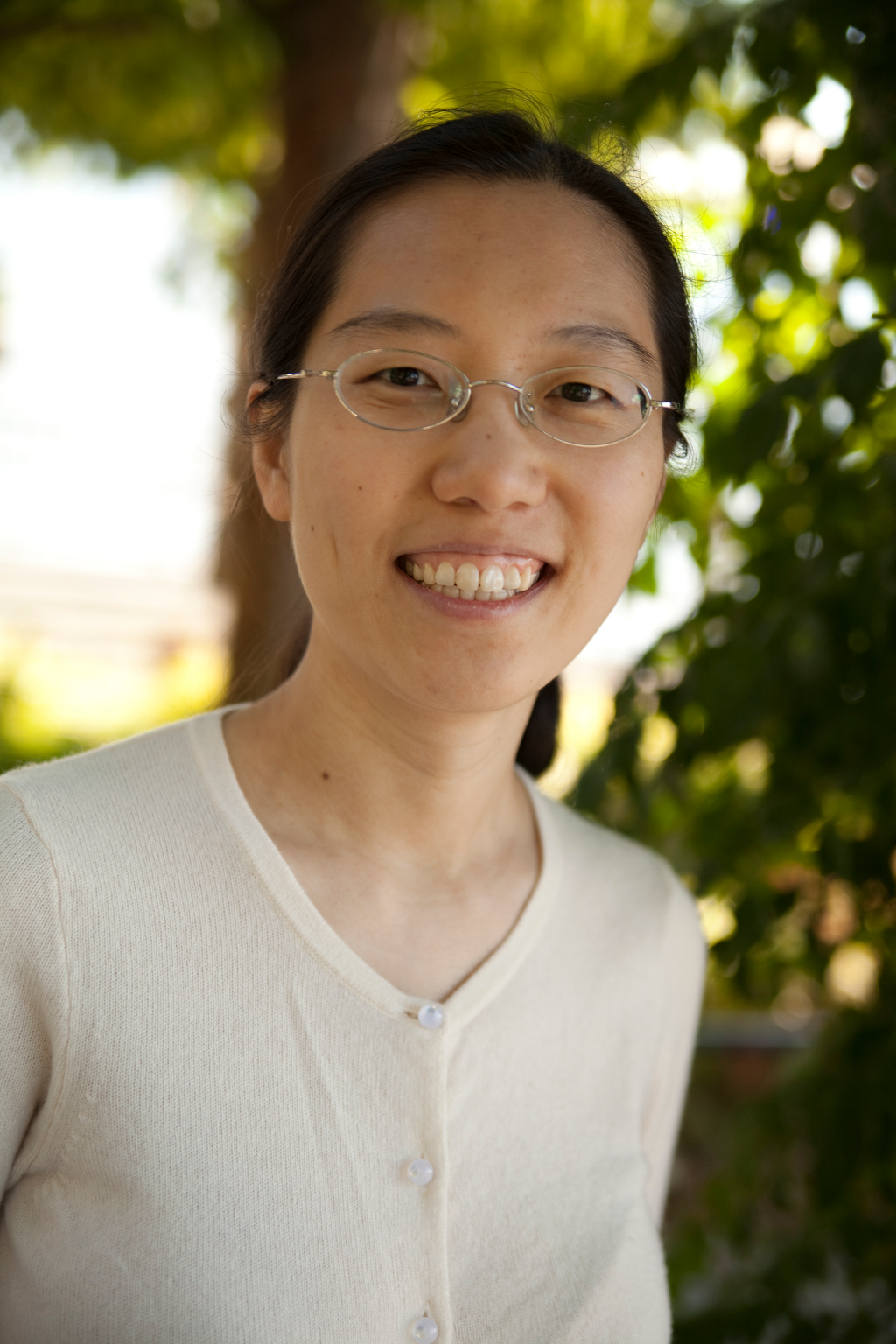
Dr. Lulu Song is an Associate Professor of the Department of Early Childhood Education/Art Education at Brooklyn College, CUNY. She received her Ph.D. And M.A.in Education from the University of Delaware and B.A. in English from Tsinghua University, China. At Brooklyn College, Dr. Song is the Graduate Deputy overseeing the master's program in Early Childhood Education and coordinates the Early Childhood Bilingual Extension program that prepares bilingual early childhood teachers. She is also a doctoral faculty member of the Development Psychology program at CUNY Graduate Center. Dr. Song’s research focuses on language development in multilingual and multicultural contexts, both at home and in early childhood education settings. Her research projects funded by the Spencer Foundation and CUNY have specifically focused on the largely understudied Chinese dual language learners as well as their parents and preschool teachers. Previously, she has also studied the dual language development in the first five years of life of Dominican and Mexican heritage children in NYC. Her recent works have appeared in the Journal of Applied Developmental Psychology,International Journal of Bilingual Education and Bilingualism, Frontiers in Psychology, and Early Education and Development. Dr. Song is a recipient of the Crow Professorship from the School of Education of Brooklyn College.
ACCESSABILITY STATEMENT
If you are someone in need of additional assistance, please contact Jamie - j.isaacs@1014.nyc
CROWD RELEASE
By entering an event or program of 1014, you are entering an area where photography, audio and video recording may occur.
Your entry and presence on the event premises constitutes your consent to be photographed, filmed, and/or otherwise recorded and to the release, publication, exhibition, or reproduction of any and all recorded media of your appearance, voice, and name for any purpose whatsoever in perpetuity in connection with 1014 and its initiatives, including, by way of example only, use on websites, in social media, news and advertising.
By entering the event premises, you waive and release any claims you may have related to the use of recorded media of you at the event, including, without limitation, any right to inspect or approve the photo, video or audio recording of you, any claims for invasion of privacy, violation of the right of publicity, defamation, and copyright infringement or for any fees for use of such record media.
You understand that all photography, filming and/or recording will be done in reliance on this consent. If you do not agree to the foregoing, please do not enter the event premises.
.png)

What if your brain had a hidden superpower—one that could sharpen focus, delay aging, and even reshape how you see the world? Science reveals that bilingualism does just that. In this engaging program, we explore how speaking two or more languages doesn't just help with communication—it actually changes how your brain works for the better. From faster decision-making and enhanced multitasking to a surprising resistance to cognitive decline, the bilingual brain is a marvel of neuroplasticity. Bilingual people are constantly choosing which language to use, often without even realizing it. This back and forth activates parts of the brain used for focus, planning, and decision – making. Kind of like a mental workout.
Discover little-known facts, like how bilingual toddlers may appear slower to speak—but are actually building a more complex mental framework—or why bilinguals can subconsciously shift their personality depending on the language they're using. Whether you’re fluent, learning, or just curious, this program will show you why bilingualism is not just a skill—it’s a neurological edge. Featuring Maya Taliaferro (PhD student in the Cognition and Perception program at New York University), Audrey Kittredge (Senior Learning Scientist at Duolingo), Alex Bellantuono (Clinical Neuropsychologist, Growing Minds Psychology NYC), Boney Poovan (Portfolio Manager, Holocene), and moderated by Lulu Song (Associate Professor of Early Childhood Education, Brooklyn College).
Biographies

Maya Taliaferro is a PhD student in the Cognition and Perception program at New York University where she is advised by Esti Blanco-Elorrieta.
She combines neuroimaging, behavioral, and computational approaches to investigate how a single brain can process and sustain multiple languages. She’s especially interested in how people build knowledge and mental concepts when their two languages don’t match up perfectly.
Before coming to NYU, Maya spent two years as a Research Scholar in the Brain and Cognitive Science Program at MIT. There she worked with Ev Fedorenko, Ted Gibson, and Laura Shultz. Before that she obtained a B.A. in Neuroscience (with a minor in Japanese) from Hamilton College."

Audrey Kittredge, PhD. is a Senior Learning Scientist at Duolingo, the company behind the language learning app. She is part of the Duolingo Efficacy Research Lab, where she leads research studies to answer the question “Does Duolingo work?”. Before joining Duolingo, she worked as a researcher at Carnegie Mellon University, the University of Cambridge, and with UNICEF. She is the author of journal articles, white papers, policy documents, and book chapters that focus on language learning, early childhood education, and playful learning. An avid lifelong language learner, she speaks English, Russian, French and Spanish.

Alex Bellantuono, PhD is a bilingual (English and Italian) pediatric neuropsychologist specializing in the evaluation of children, adolescents, and young adults with learning differences, autism, ADHD, nonverbal learning disorder (NVLD), and co-occurring anxiety and mood concerns. He approaches each evaluation as a process of discovering a child’s unique profile of abilities. Beyond identifying a diagnosis, he aims to understand how a child learns and solves problems in order to provide recommendations that are practical, individualized, and tailored to their strengths and needs. Alex views each evaluation as a collaborative process where families are active partners. From the start, he works to ensure parents and children feel understood and supported. His role extends beyond the end of the evaluation—and remains available to help families navigate next steps, whether through school collaboration, provider coordination, or advocacy. By combining evidence-based practice with a holistic view of each child, Alex aims to provide guidance that is practical, empowering, and focused on both strengths and areas for growth. Outside of clinical work, Alex enjoys painting, playing board games, building LEGO sets and learning about space with his son, and dancing with his daughter.

Boney Poovan is a portfolio manager at Holocene, a NY-based hedge fund. He has previously worked at Citadel in New York, Goldman Sachs in London and McKinsey in Munich. Boney holds a Diplom-Kaufmann degree from WHU Koblenz in Germany and a Master in Business Administration from Harvard Business School. He is an Indian-born German fluent in German, English and Malayalam (an Indian language). He also spent 4 months in China during in an intensive Mandarin class.

Dr. Lulu Song is an Associate Professor of the Department of Early Childhood Education/Art Education at Brooklyn College, CUNY. She received her Ph.D. And M.A.in Education from the University of Delaware and B.A. in English from Tsinghua University, China. At Brooklyn College, Dr. Song is the Graduate Deputy overseeing the master's program in Early Childhood Education and coordinates the Early Childhood Bilingual Extension program that prepares bilingual early childhood teachers. She is also a doctoral faculty member of the Development Psychology program at CUNY Graduate Center. Dr. Song’s research focuses on language development in multilingual and multicultural contexts, both at home and in early childhood education settings. Her research projects funded by the Spencer Foundation and CUNY have specifically focused on the largely understudied Chinese dual language learners as well as their parents and preschool teachers. Previously, she has also studied the dual language development in the first five years of life of Dominican and Mexican heritage children in NYC. Her recent works have appeared in the Journal of Applied Developmental Psychology,International Journal of Bilingual Education and Bilingualism, Frontiers in Psychology, and Early Education and Development. Dr. Song is a recipient of the Crow Professorship from the School of Education of Brooklyn College.
ACCESSABILITY STATEMENT
If you are someone in need of additional assistance, please contact Jamie - j.isaacs@1014.nyc
CROWD RELEASE
By entering an event or program of 1014, you are entering an area where photography, audio and video recording may occur.
Your entry and presence on the event premises constitutes your consent to be photographed, filmed, and/or otherwise recorded and to the release, publication, exhibition, or reproduction of any and all recorded media of your appearance, voice, and name for any purpose whatsoever in perpetuity in connection with 1014 and its initiatives, including, by way of example only, use on websites, in social media, news and advertising.
By entering the event premises, you waive and release any claims you may have related to the use of recorded media of you at the event, including, without limitation, any right to inspect or approve the photo, video or audio recording of you, any claims for invasion of privacy, violation of the right of publicity, defamation, and copyright infringement or for any fees for use of such record media.
You understand that all photography, filming and/or recording will be done in reliance on this consent. If you do not agree to the foregoing, please do not enter the event premises.
.png)


What if your brain had a hidden superpower—one that could sharpen focus, delay aging, and even reshape how you see the world? Science reveals that bilingualism does just that. In this engaging program, we explore how speaking two or more languages doesn't just help with communication—it actually changes how your brain works for the better. From faster decision-making and enhanced multitasking to a surprising resistance to cognitive decline, the bilingual brain is a marvel of neuroplasticity. Bilingual people are constantly choosing which language to use, often without even realizing it. This back and forth activates parts of the brain used for focus, planning, and decision – making. Kind of like a mental workout.
Discover little-known facts, like how bilingual toddlers may appear slower to speak—but are actually building a more complex mental framework—or why bilinguals can subconsciously shift their personality depending on the language they're using. Whether you’re fluent, learning, or just curious, this program will show you why bilingualism is not just a skill—it’s a neurological edge. Featuring Maya Taliaferro (PhD student in the Cognition and Perception program at New York University), Audrey Kittredge (Senior Learning Scientist at Duolingo), Alex Bellantuono (Clinical Neuropsychologist, Growing Minds Psychology NYC), Boney Poovan (Portfolio Manager, Holocene), and moderated by Lulu Song (Associate Professor of Early Childhood Education, Brooklyn College).
Biographies

Maya Taliaferro is a PhD student in the Cognition and Perception program at New York University where she is advised by Esti Blanco-Elorrieta.
She combines neuroimaging, behavioral, and computational approaches to investigate how a single brain can process and sustain multiple languages. She’s especially interested in how people build knowledge and mental concepts when their two languages don’t match up perfectly.
Before coming to NYU, Maya spent two years as a Research Scholar in the Brain and Cognitive Science Program at MIT. There she worked with Ev Fedorenko, Ted Gibson, and Laura Shultz. Before that she obtained a B.A. in Neuroscience (with a minor in Japanese) from Hamilton College."

Audrey Kittredge, PhD. is a Senior Learning Scientist at Duolingo, the company behind the language learning app. She is part of the Duolingo Efficacy Research Lab, where she leads research studies to answer the question “Does Duolingo work?”. Before joining Duolingo, she worked as a researcher at Carnegie Mellon University, the University of Cambridge, and with UNICEF. She is the author of journal articles, white papers, policy documents, and book chapters that focus on language learning, early childhood education, and playful learning. An avid lifelong language learner, she speaks English, Russian, French and Spanish.

Alex Bellantuono, PhD is a bilingual (English and Italian) pediatric neuropsychologist specializing in the evaluation of children, adolescents, and young adults with learning differences, autism, ADHD, nonverbal learning disorder (NVLD), and co-occurring anxiety and mood concerns. He approaches each evaluation as a process of discovering a child’s unique profile of abilities. Beyond identifying a diagnosis, he aims to understand how a child learns and solves problems in order to provide recommendations that are practical, individualized, and tailored to their strengths and needs. Alex views each evaluation as a collaborative process where families are active partners. From the start, he works to ensure parents and children feel understood and supported. His role extends beyond the end of the evaluation—and remains available to help families navigate next steps, whether through school collaboration, provider coordination, or advocacy. By combining evidence-based practice with a holistic view of each child, Alex aims to provide guidance that is practical, empowering, and focused on both strengths and areas for growth. Outside of clinical work, Alex enjoys painting, playing board games, building LEGO sets and learning about space with his son, and dancing with his daughter.

Boney Poovan is a portfolio manager at Holocene, a NY-based hedge fund. He has previously worked at Citadel in New York, Goldman Sachs in London and McKinsey in Munich. Boney holds a Diplom-Kaufmann degree from WHU Koblenz in Germany and a Master in Business Administration from Harvard Business School. He is an Indian-born German fluent in German, English and Malayalam (an Indian language). He also spent 4 months in China during in an intensive Mandarin class.

Dr. Lulu Song is an Associate Professor of the Department of Early Childhood Education/Art Education at Brooklyn College, CUNY. She received her Ph.D. And M.A.in Education from the University of Delaware and B.A. in English from Tsinghua University, China. At Brooklyn College, Dr. Song is the Graduate Deputy overseeing the master's program in Early Childhood Education and coordinates the Early Childhood Bilingual Extension program that prepares bilingual early childhood teachers. She is also a doctoral faculty member of the Development Psychology program at CUNY Graduate Center. Dr. Song’s research focuses on language development in multilingual and multicultural contexts, both at home and in early childhood education settings. Her research projects funded by the Spencer Foundation and CUNY have specifically focused on the largely understudied Chinese dual language learners as well as their parents and preschool teachers. Previously, she has also studied the dual language development in the first five years of life of Dominican and Mexican heritage children in NYC. Her recent works have appeared in the Journal of Applied Developmental Psychology,International Journal of Bilingual Education and Bilingualism, Frontiers in Psychology, and Early Education and Development. Dr. Song is a recipient of the Crow Professorship from the School of Education of Brooklyn College.
ACCESSABILITY STATEMENT
If you are someone in need of additional assistance, please contact Jamie - j.isaacs@1014.nyc
CROWD RELEASE
By entering an event or program of 1014, you are entering an area where photography, audio and video recording may occur.
Your entry and presence on the event premises constitutes your consent to be photographed, filmed, and/or otherwise recorded and to the release, publication, exhibition, or reproduction of any and all recorded media of your appearance, voice, and name for any purpose whatsoever in perpetuity in connection with 1014 and its initiatives, including, by way of example only, use on websites, in social media, news and advertising.
By entering the event premises, you waive and release any claims you may have related to the use of recorded media of you at the event, including, without limitation, any right to inspect or approve the photo, video or audio recording of you, any claims for invasion of privacy, violation of the right of publicity, defamation, and copyright infringement or for any fees for use of such record media.
You understand that all photography, filming and/or recording will be done in reliance on this consent. If you do not agree to the foregoing, please do not enter the event premises.
.png)

.png)





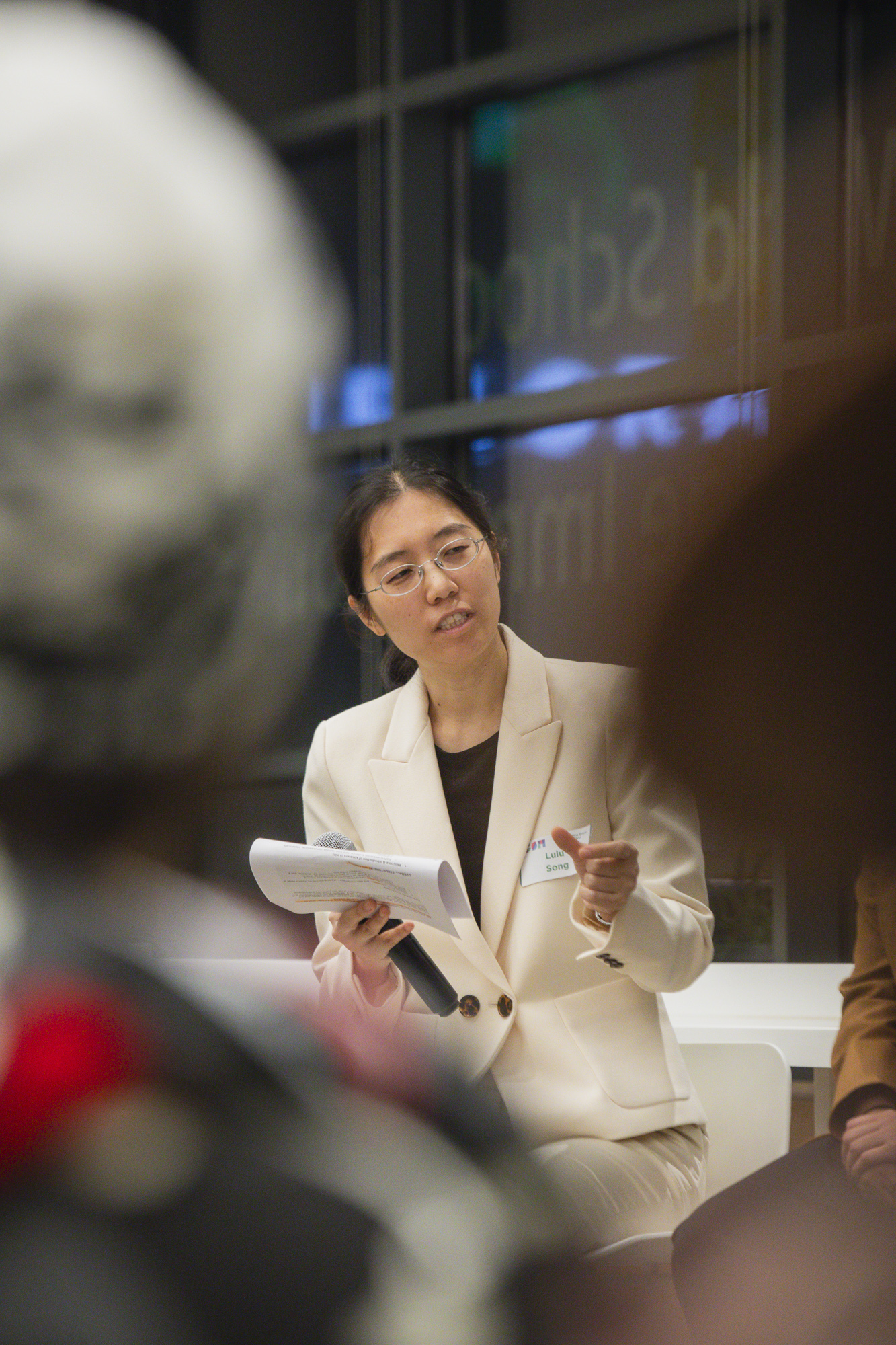
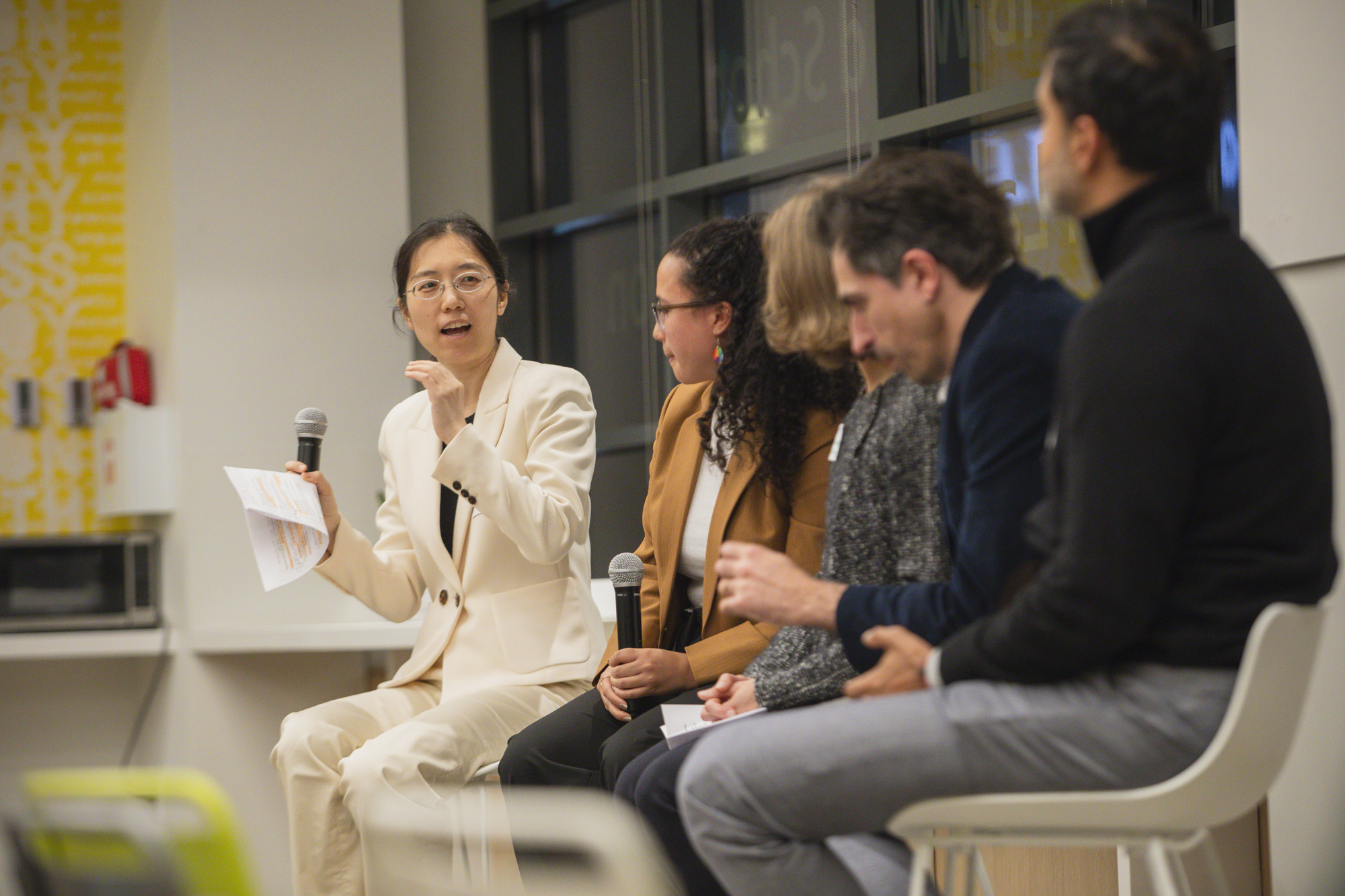

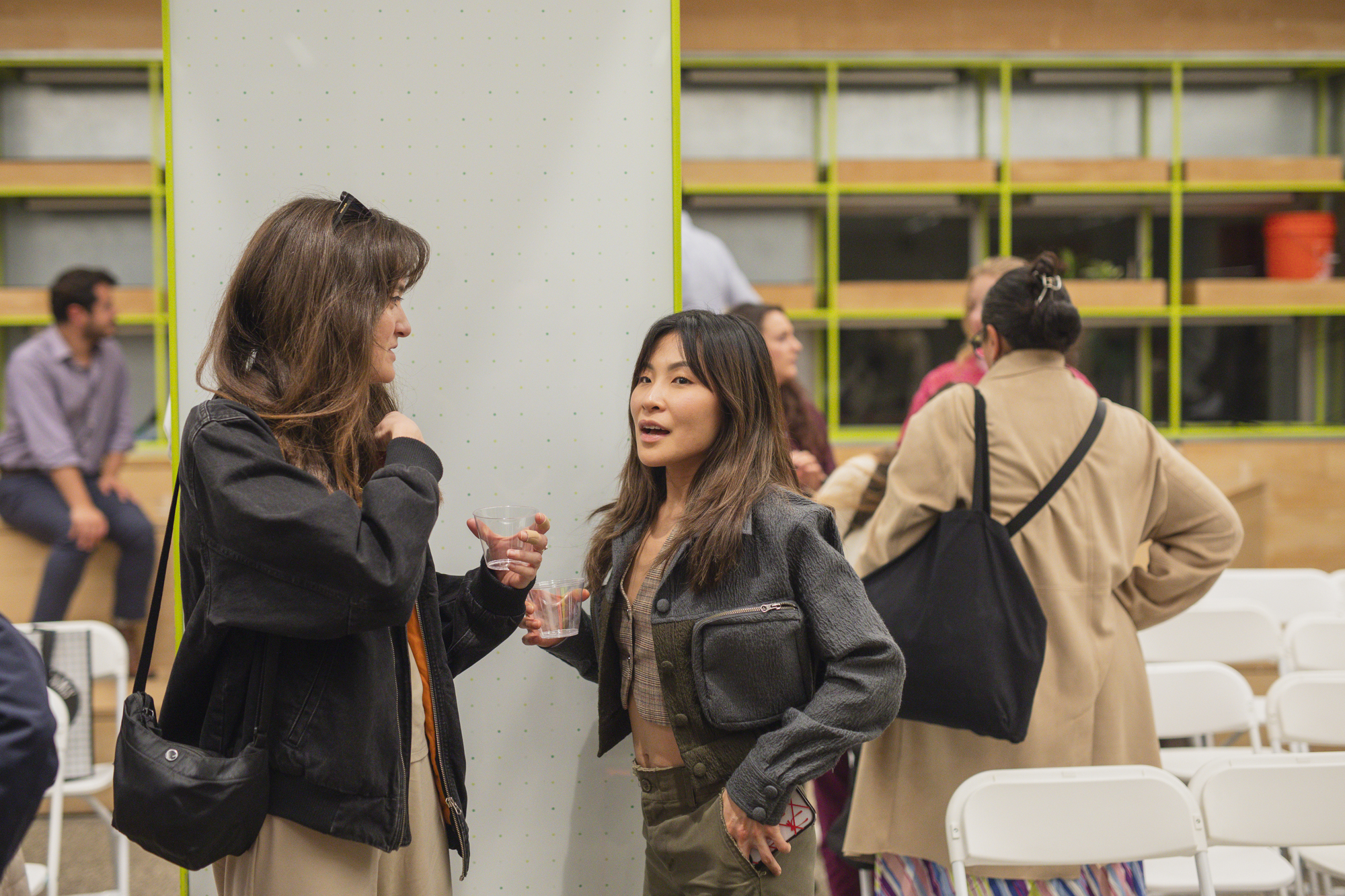
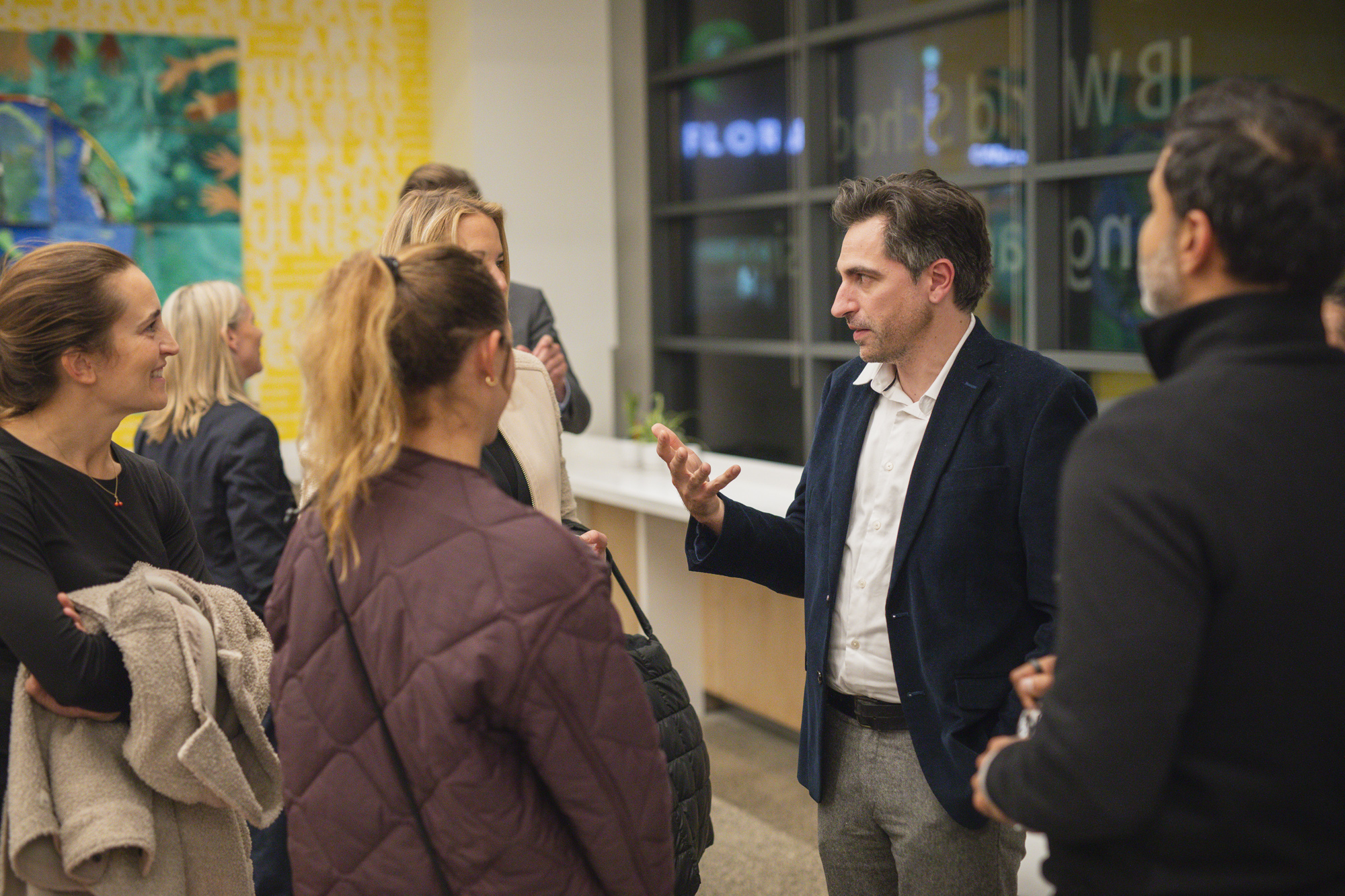
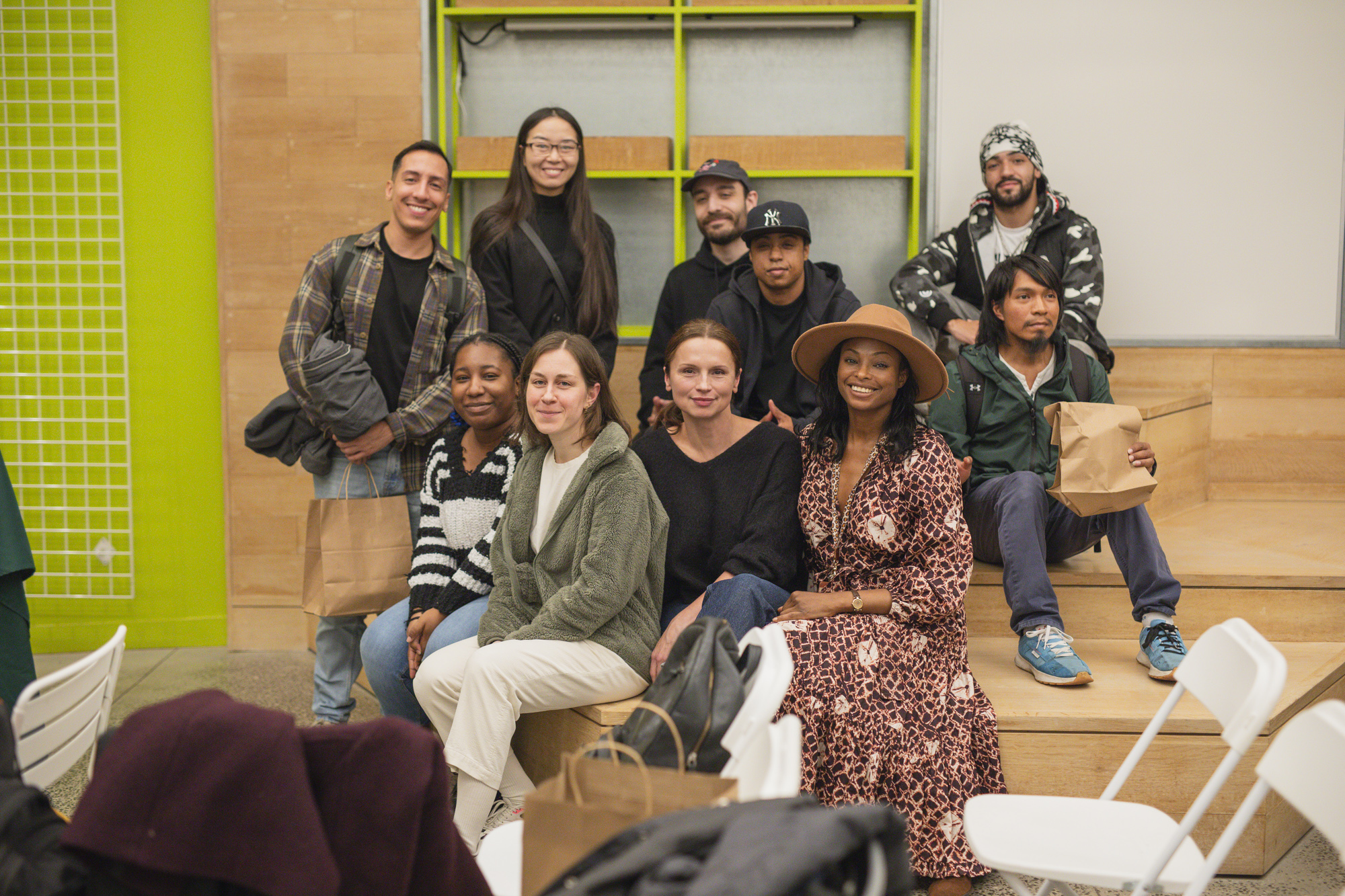
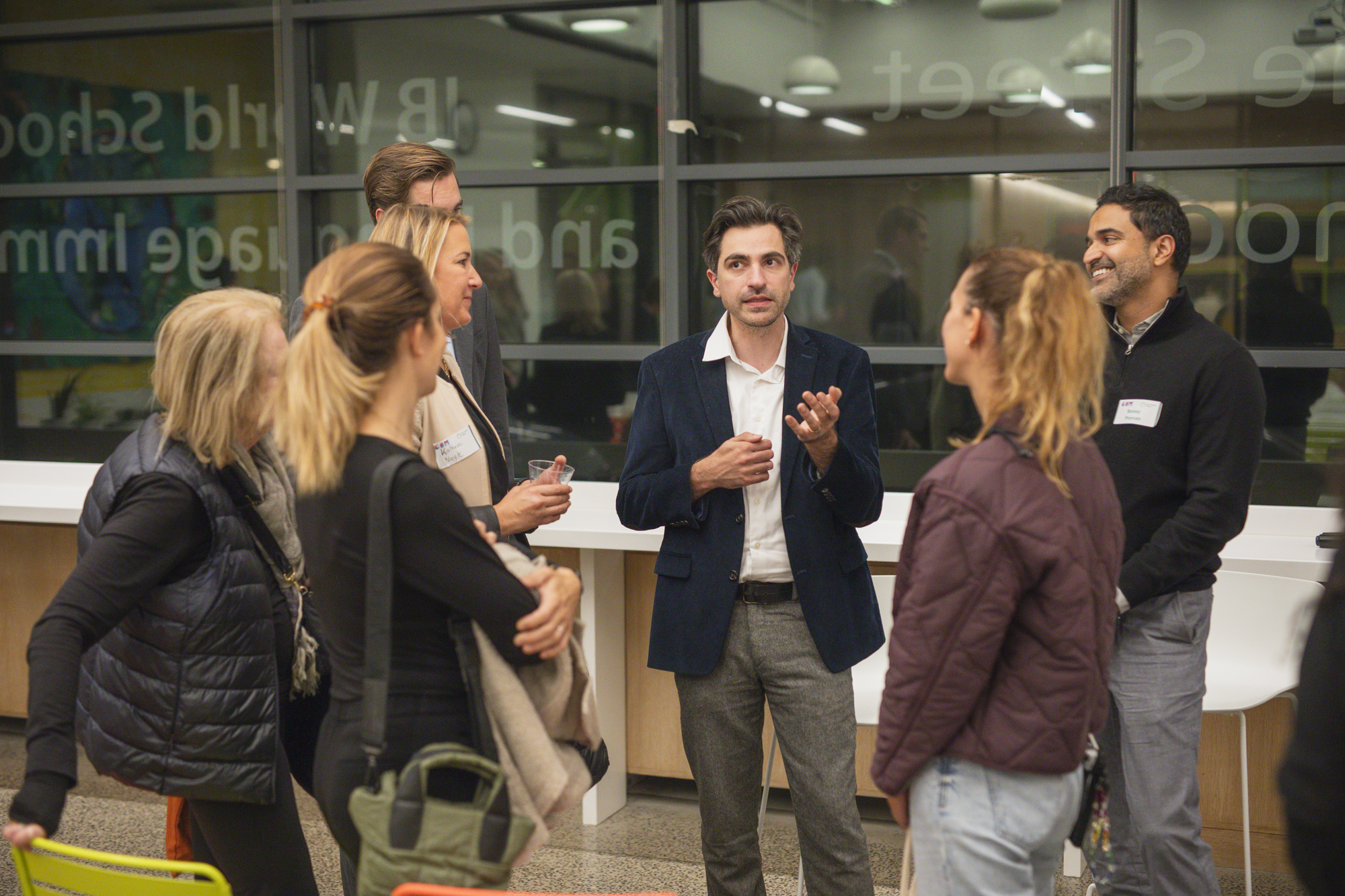
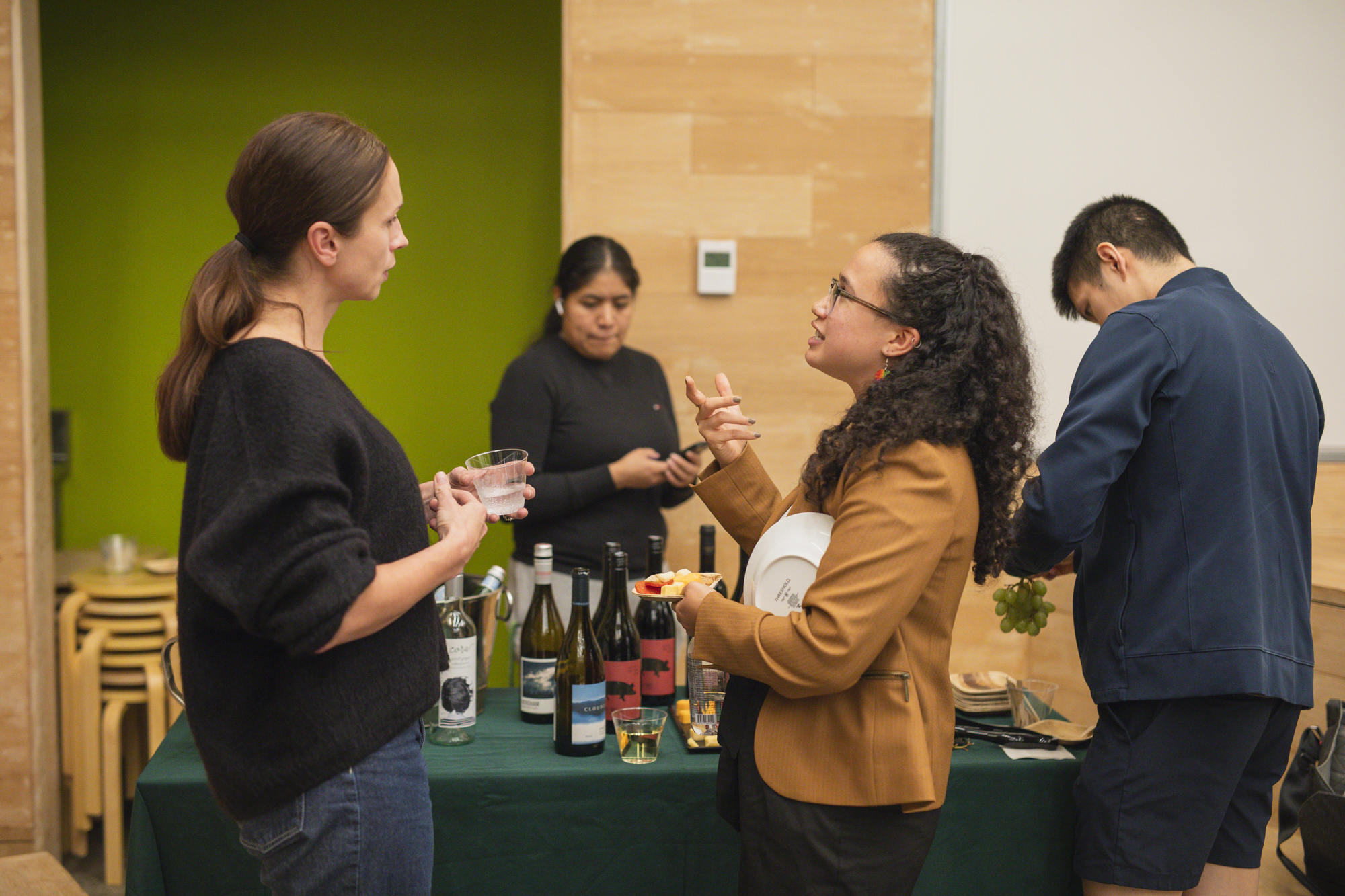
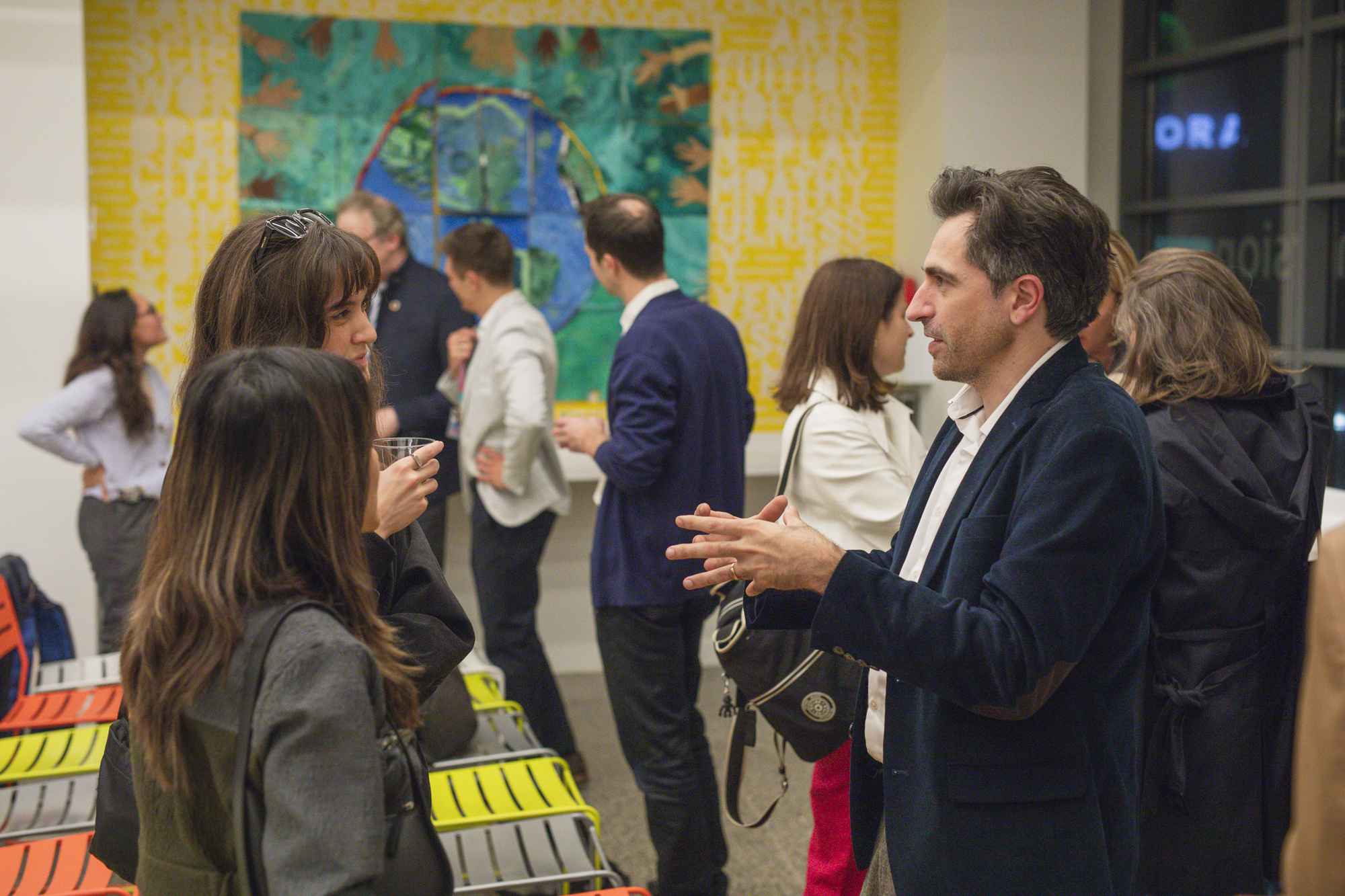
.jpg)
